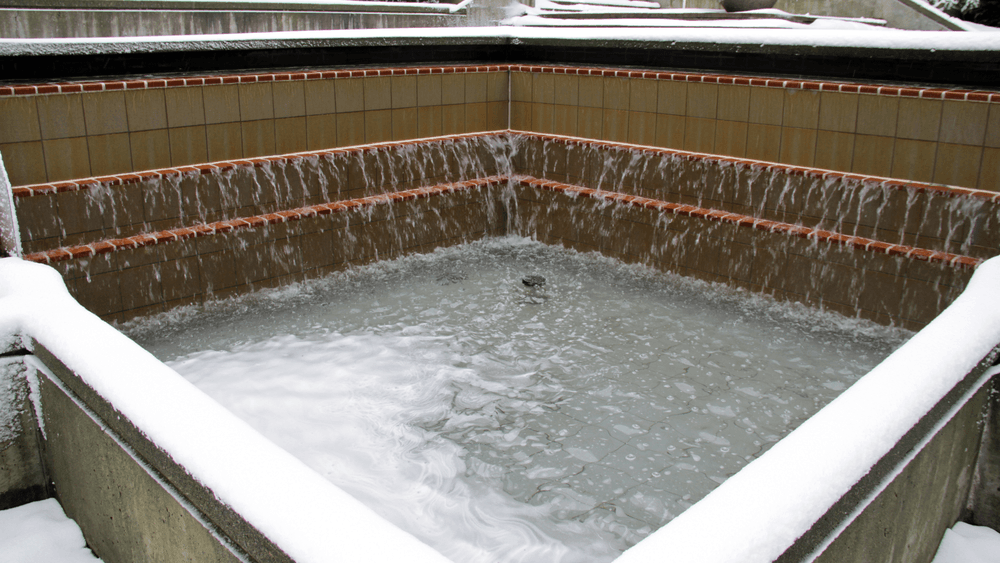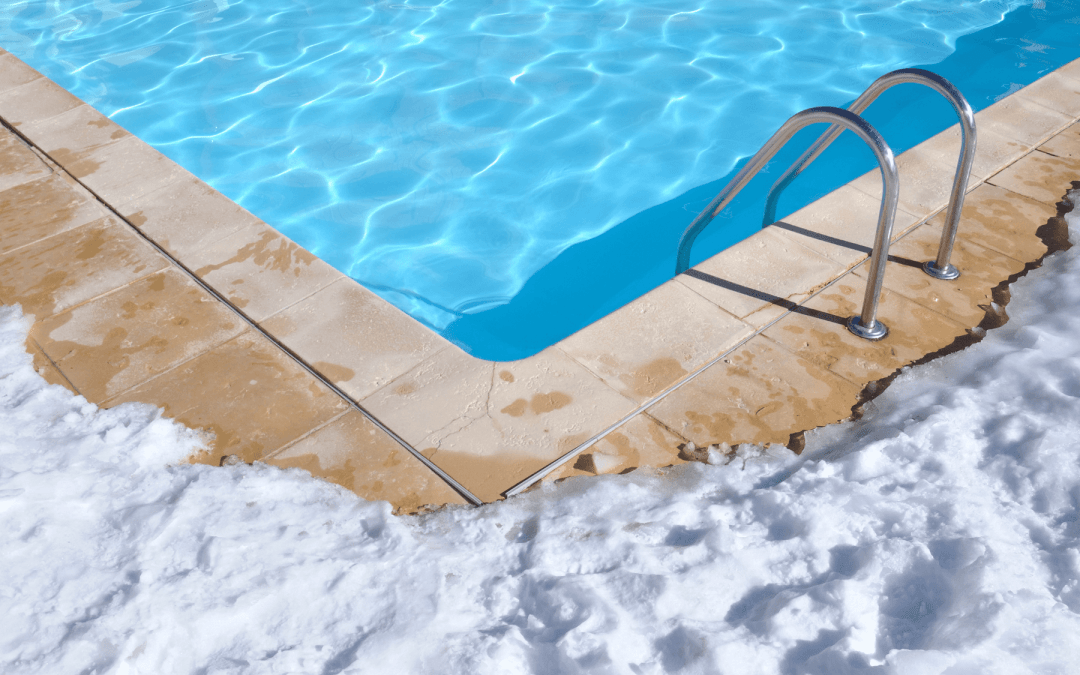Even if you live in the south, you know that pools are a massive part of the summer. However, they also have a lot of importance in the winter in some southern states like Georgia. Whether you have a concrete pool, a saltwater pool, or above ground, you need to know how to winterize it.
Here are the tips on how to winterize a pool in the south:
Tips on How to Winterize a Pool

Clean The Pool
If you live in an area where winter weather brings freezing temperatures and snow, it is crucial to take steps to protect your pool from potential damage. One important step is to winterize your pool. This means ensuring all the mechanical parts are in good working order and the water’s chemistry is appropriately balanced for cold weather storage. Cleaning the pool thoroughly and removing all the debris, leaves, and other materials is essential before winterizing.
Remember to adjust the chemicals as needed based on weather conditions. Salt may be necessary for cold climates to keep ice from forming on pool edges. Winterizing your pool will help keep it functioning correctly during harsh weather conditions.
Check Pool Equipment
Check all pool equipment before winterization to ensure it is in good working order.
First, ensure the filter is in good shape and free of debris or leaves.
Next, check the pump and filters. Ensure they are running smoothly and no water backing up from the filter or pump. If there are any issues with these items, bring them to a qualified technician for repair or replacement before winterizing the pool.
Finally, clean all surfaces around the pool and fill any missing holes or cracks with sealant.
Don’t Completely Drain Your Pool
Leaving some water in the pool will help to prevent wear and tear from occurring during the winter. If you are using a liner, check the water level regularly and add more if needed. If you do not have a liner, top off the pool with fresh water every week or so during winter.
Balance the Water Chemicals
One way to balance the water chemicals in a pool is to add chlorine every week from mid-October to early April. Chlorine helps regulate the bacteria levels and keep your collection clean and safe for swimming. Use phosphate-free shock treatment when adding salt to the pool if chlorine levels are declining too low or if the water appears cloudy.
Flush the Filtration System
One of the most critical steps in winterizing a pool is flushing the filtration system. This will remove any debris built up over the summer and help ensure a smooth winter swimming experience. There are a few ways to flush your pool’s filtration system:
- Fill the pool to the top with water and turn on the pump. Please wait 10 minutes, drain and refill the water with fresh water. Turn off the pump and wait 10 minutes before checking for leaks.
- Open all the hoses leading into and out of the pool and let them run until they are empty. Close all hoses after they have been emptied.
- Call a professional Atlanta pool company to flush your filtration system when you’re unsure how to do it yourself.
Clean the Pool’s Filters
It would be best if you cleaned pool filters regularly to keep the pool clean and healthy. An excellent way to do this is to use a pool cleaner that targets filters explicitly. Follow the instructions that come with the cleaner, and be sure to rinse off all of the debris afterward.
- If you have DE filters, flush them out and clean the grids well.
- If you’re using cartridge filters, ensure the cartridge and inside the tank are clean.
- If you have sand filters, give them an extra long backwash.
After your filter is clean, remove all filter hoses and drain plugs from the pump, filter, and heater to ensure no excess water is trapped. You should store all equipment in a safe, dry place next year.
Use Pool Equipment Covers
Equipment covers can help prevent ice from forming on the water’s surface. They can keep debris and leaves from accumulating on the pool deck and protect children and pets from slipping and falling in the icy water. Additionally, using a cover will help to reduce energy costs associated with keeping a pool open during colder months.
Slide a Winter-oxidizing Tablet Dispenser Into Your Pool
A slide-a-winterizing tablet dispenser provides tablets that help oxidize and break down any ice that forms in the pool. This process helps prevent any problems with ice dams or frozen pipes, among other potential issues.
Slowly insert the tablet into the water to avoid releasing too much of the oxidizing agent.
If you require a slide-a-winterizing tablet dispenser for your pool, contact us!
Remove Debris From Time to Time
Keeping your pool clean and free of debris is essential to ensure it functions properly in the winter. Follow these easy tips to help you remove waste from time to time:
- Clean the pool surface weekly with a cloth or a hose using regular pool cleaning chemicals.
- Remove leaves, sticks, and other large objects from the surface using a skimmer or net.
- Use a vacuum cleaner with a hose attachment to remove smaller pieces of debris.
Conclusion
Knowing how to winterize a pool is essential in preparing your pool for the winter season. By following these simple steps, you will be sure to avoid costly problems down the road.
To keep your inground pool safe and in good condition, all year long, stay on top of winter preparations, such as covering it with a cover and checking the water level regularly. When you require expert pool maintenance and care, reach out to Clear Water Pools Atlanta today!





